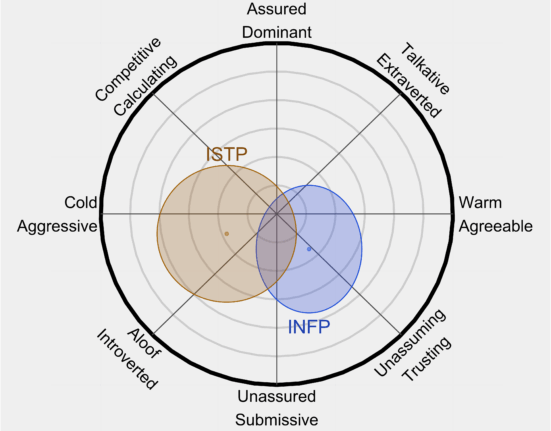The world of medical research was shaken recently when the Trump administration made a significant decision that could have far-reaching consequences for the development of an H.I.V. vaccine. At the center of this controversy is the termination of a crucial program, which had been playing a vital role in the quest for an effective vaccine against the virus.
Behind closed doors at Duke University and the Scripps Research Institute, leaders received devastating news from officials at the National Institutes of Health (N.I.H.) – their $258 million program was being abruptly shut down. This abrupt halt to funding represents a major setback in the ongoing efforts to combat H.I.V. and marks yet another blow to H.I.V. research initiatives across the country.
“The consortia for H.I.V./AIDS vaccine development and immunology was reviewed by N.I.H. leadership, which does not support it moving forward,”
revealed a senior official at N.I.H., who chose to remain anonymous due to restrictions on discussing such matters publicly.
This unexpected decision has left many in the scientific community reeling as they come to terms with what this means for future advancements in combating not just H.I.V., but also other diseases benefitting from this research.
The terminated program wasn’t just limited to working on finding an H.I.V. vaccine; its impact extended beyond that single focus. With collaborations spanning various research partners, its work held promise for developing treatments for a range of illnesses including but not limited to Covid drugs, snake antivenom, and therapies for autoimmune disorders.
Experts warn that these cuts are part of broader trends within healthcare funding where preventive measures are often overlooked in favor of more immediate concerns or existing treatment options – despite their limitations.
As speculation swirls about why this particular program was axed, questions arise about how this decision will affect current studies and future breakthroughs in immunology and vaccine development.
In light of these recent events, there is growing concern over how resources will be redirected within N.I.H., especially given plans mentioned by officials indicating a shift towards utilizing existing approaches rather than investing in innovative solutions as previously done under now-terminated programs.
The fallout from these cuts extends further than just financial implications; it raises ethical questions about prioritizing short-term gains over long-term benefits for public health worldwide – particularly concerning amidst global health challenges like pandemics and emerging infectious diseases like HIV/AIDS.
This move comes amidst an already challenging landscape where medical advancements are crucially needed now more than ever before. The search continues for hope among uncertainty as researchers grapple with dwindling resources while striving towards finding lasting solutions against one of humanity’s most persistent threats – H.I.V./AIDS.
In conclusion, as discussions around healthcare priorities intensify globally, decisions like these serve as poignant reminders of the delicate balance between immediate needs and sustained progress in tackling complex health issues like H.I.V., underscoring urgent calls for continued support and investment in cutting-edge research efforts vital for public health worldwide.








Leave feedback about this